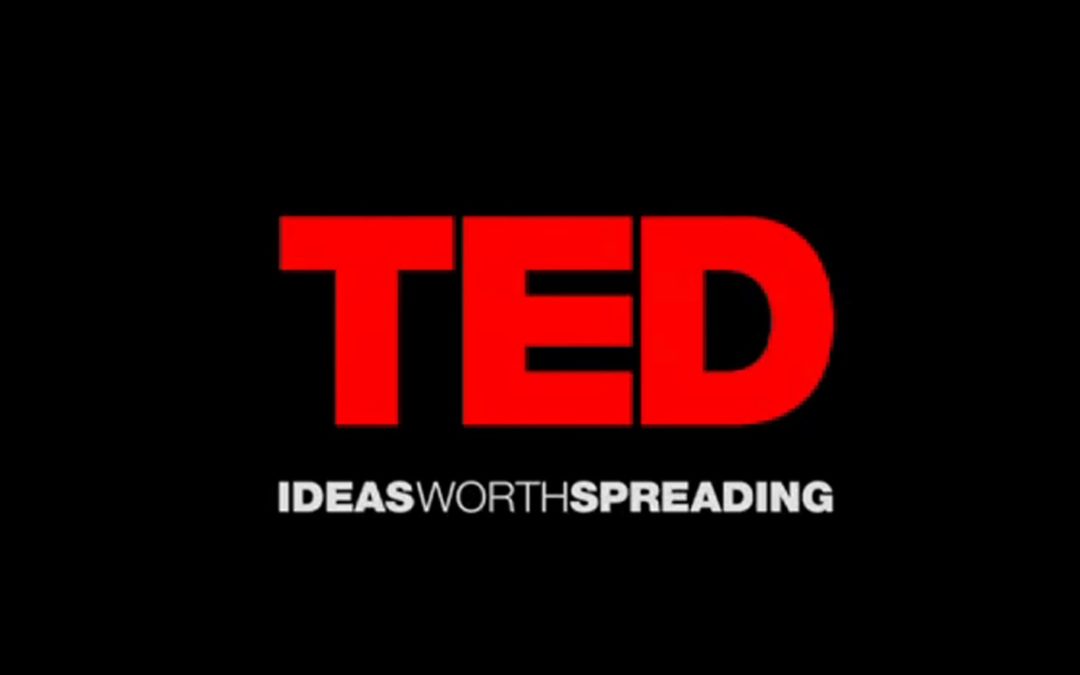Most software today = individualist. Even “collective” tools (Fediverse servers, enterprise SaaS, etc.) are just abstractions that aggregate individuals. The default assumption is the liberal subject: the sovereign individual. The infrastructure is built for self-expression, personal feeds, private chats, me, me, me. That’s why for example, when you step into libertarian codebases like #nostr, the smell of #stupidindividualism is everywhere.
Communities are treated as “groups of individuals,” not as entities. That’s the bourgeois blind spot, a community is not just a pile of people. A village, a crew, an affinity group, a social centre – these are organisms in themselves. They have memory, metabolism, reproduction, decision-making processes that aren’t reducible to a sum of members.
Much of activism and grassroots assemblies already know this, in real life, you’ve seen how assemblies develop rules-of-thumb, consensus practices, and internal cultures. They don’t need hard rules (code) to function; they need space, trust and ritual. What digital tools can do is soft map those existing practices into code, not create more structured #techshit that imposes individualist logic from the normal every day #deathcult priests of Silicon Valley.
So, if we take this different path, what would the balancing of communal-first tech look like? Well, much like the current mod process of good grassroots mastodon instances. Malatesta was right: anarchism is not the absence of “paths”, it’s paths we make for ourselves.
So looking over our shoulder, if we apply this lens to #nostr: The tech is libertarian free market, good for individual broadcasting. If you wanted to fork or layer it for communal use, you’d have to invert its assumptions: design clients that display group deliberation outputs, not only individual chatter. Right now, the #nostr crowd is hostile to this, because they’re blinded by crypto-bro ideology. But the protocol itself is kinda neutral, though the UX is still half-baked.
For #OMN and #indymediaback: This community-as-unit model is already in the DNA (#Indymedia was not a bunch of bloggers; it was collectives federating). The challenge is resisting the gravitational pull of the “common sense”, #mainstreaming, #dotcons control of the #nastyfew who can’t help but push everything to look like personal brands and influencer feeds.
As it should be easy to see, real-world collective practice – assemblies, affinity groups, neighbourhood councils – work differently. The base unit is not the individual but the group, bound by shared process. Thus, we need to build mythos and traditions before tools, decision-making protocols need to be horizontal and social, rather than hard coded digital control. To take this different path, we need to change and challenge the #mainstreaming with #KISS “native” tools, rather than the current mess of retrofitting governance into individualist existing software.
To recap, the unit of measure matters. Most digital tools are still built around the individual user account as the base unit. Everything radiates out from that: identity, control, permissions, content. This encodes #liberal, capitalist assumptions into the tech: atomised people, making “choices,” “connecting” in a marketplace of attention.
The #OMN is there to provide scaffolding for the pat away from this mess: a social layer that privileges collectives over individuals, that federates assemblies not personalities, and that accepts messiness as a feature rather than a bug. This is the path the #OMN can nurture, even if it means swimming against both the #dotcons and the libertarian crypto crowd, because we know that without shared process society collapses into prats, paranoia, and power-hoarding.
Let’s try to compost the mess rather than add to it, the #OMN is a shovel, please try not to be a prat about this, thanks.


